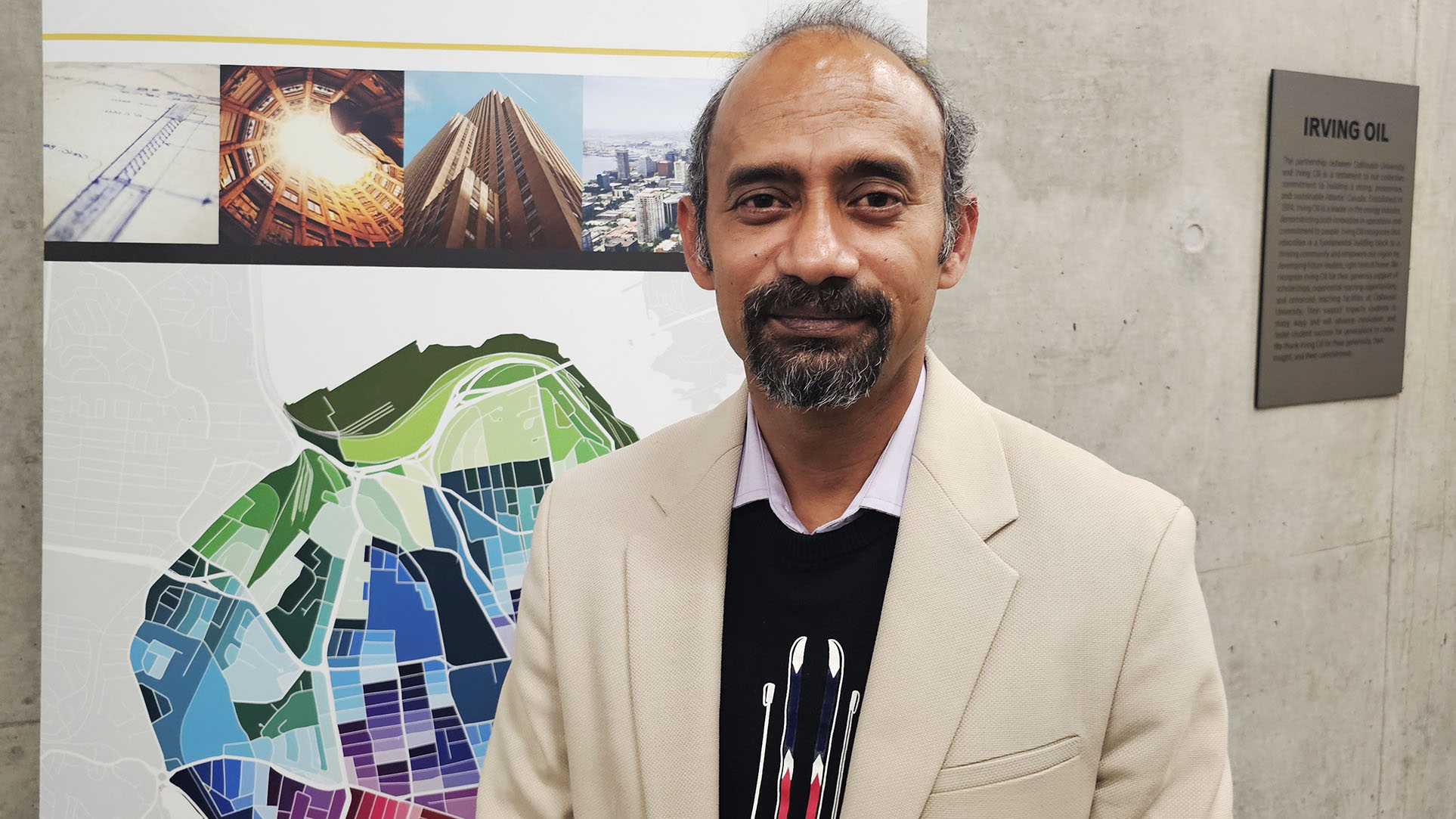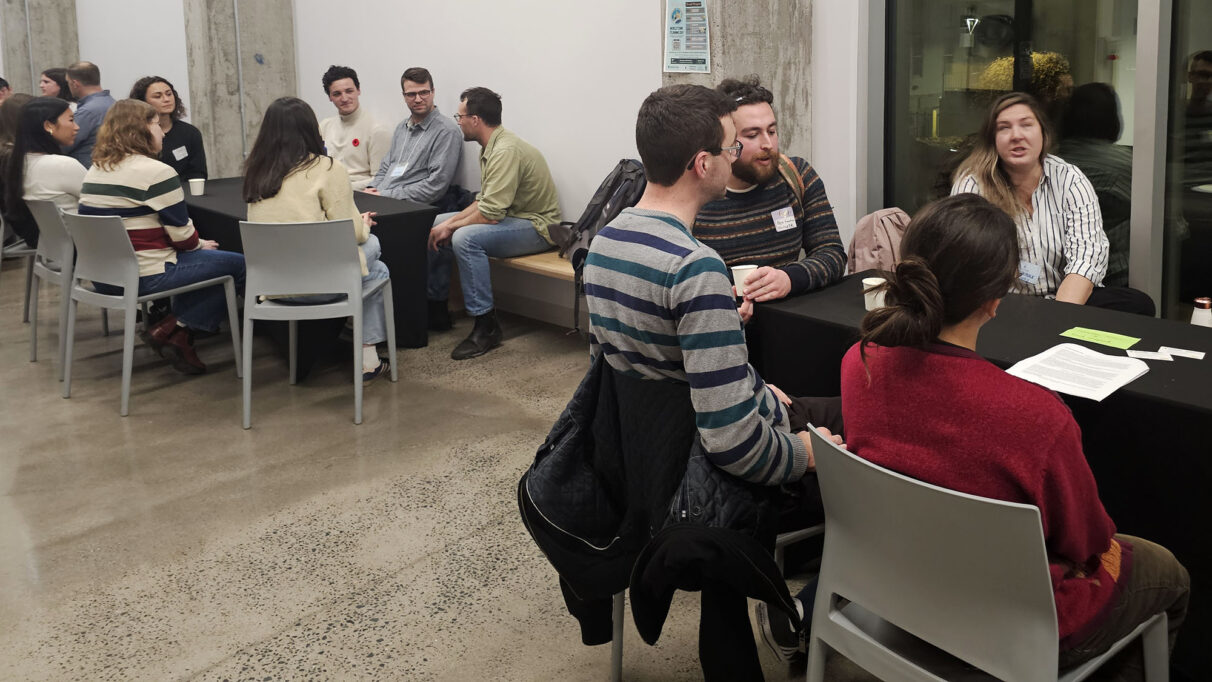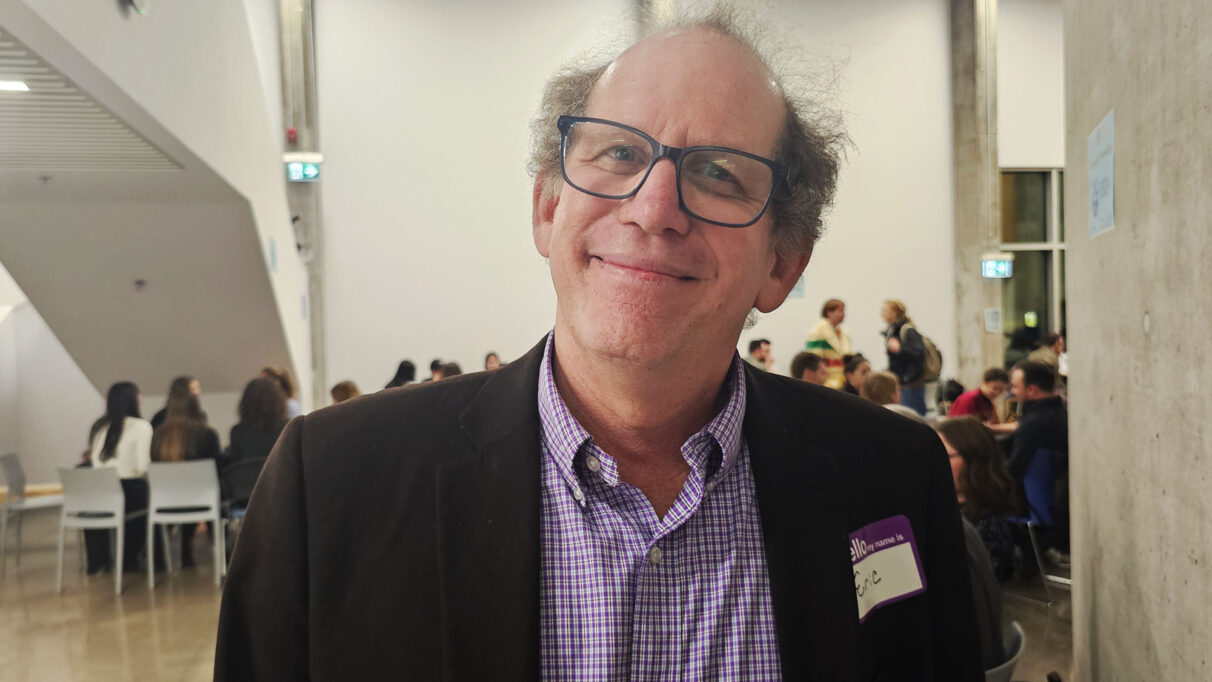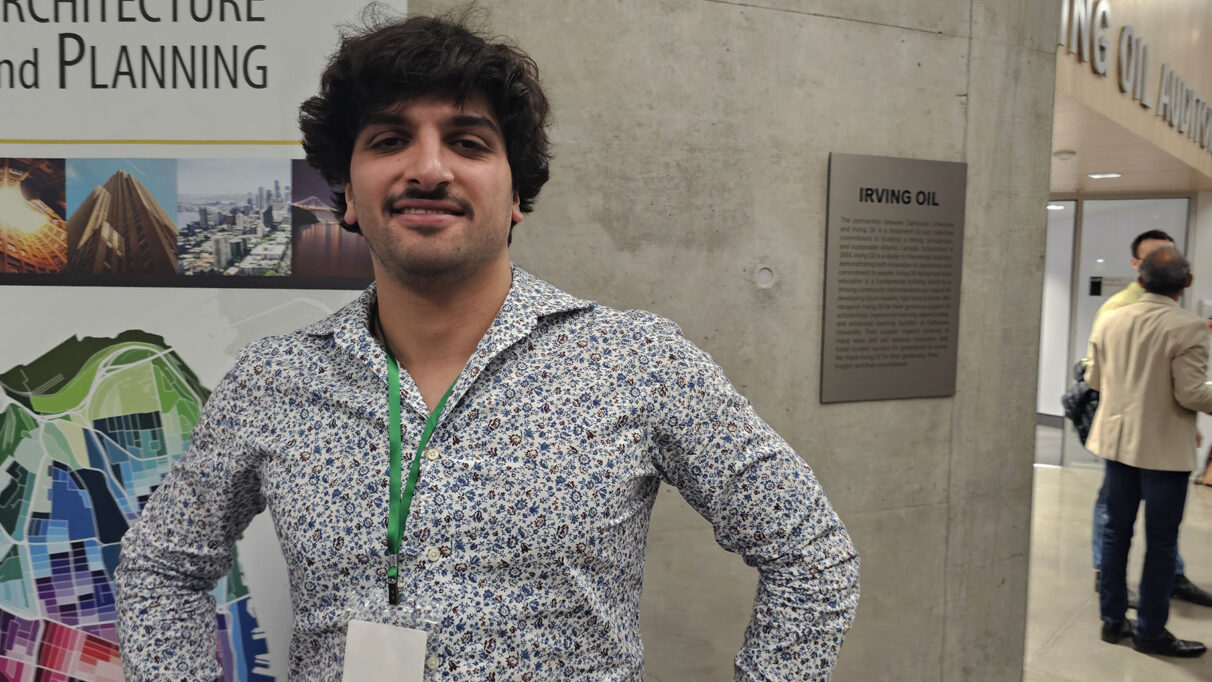Planners debate housing, transportation tradeoffs
Experts say Africville is a lesson on what not to do in planning

caption
Ahsan Habib is director of Dalhousie's school of planning.Transportation planning is a key element in communities’ efforts to tackle the housing shortage and climate change, experts told a conference at Dalhousie University Thursday.
“There are always tradeoff values with no perfect solution. If we sprawl outwards, away from work areas, people must drive to work further distances,” said Eric Rapaport, associate professor at Dalhousie’s school of planning.
“More demands on our transportation system lead to greenhouse gas emissions.”
The event was held to commemorate World Town Planning Day, which is held every Nov. 8 by about 30 countries. Planning experts from Dalhousie and many different organizations and municipalities attended the event. There were also breakout sessions with practising planners and students and awards were given to deserving planning students.

caption
Planners and students attend breakout sessions during a conference marking World Town Planning Day.Rapaport said that we need to be careful where we develop and that cities and towns should densify along transit routes.

caption
Eric Rapaport is a professor of planning at Dalhousie University.“What is happening in Halifax is not different. We are going to see increased density on our main streets like Robie and Agricola,” said Ren Thomas, a professor at Dalhousie’s school of planning.
Dalhousie school of planning director Ahsan Habib said that development without considering transportation would have an adverse affect on roads, congestion, and greenhouse gas emissions, creating more problems.
“There will be a transportation problem if we fail to carefully plan,” he said. “If housing is not supported or connected by public transit systems, it would create another type of problem.”
Habib said a careful land-use plan to locate housing gives the most benefit. Transportation and housing should go hand in hand, he said. Otherwise, he said, we can build in rural areas, but it will not help people.
The event featured excerpts from the documentary TV series Black Life: Untold Stories, which aired in 2023, about Africville, the historic African Nova Scotia community that was bulldozed to make space for Halifax’s MacKay Bridge in 1970.
The film demonstrated how bad planning decisions can affect people’s lives.
“While we may not see these communities because they have been erased, the people have not been erased. It is part of their memory,” said Rapaport.
“Planning needs to recognize its history, in terms of where it is going and where it has made catastrophic mistakes on a population has an intergenerational impact,” he said.
Habib said destroying Africville was a huge mistake.
“We wanted to give more transportation choices for the city. That’s how we destroyed the Africville community itself,” said Habib. “This is an error; this is the mistake we have made in the name of providing mobility to other city dwellers.”
Thomas concurred.
“We learned a valuable lesson in planning at that time. If we do not listen to communities and put the needs of the community into consideration, we end up with major blunders and planning mistakes as we did with Africville,” she said.
Layth Abou Ezzeddine, a master of planning student and the event’s assistant organizer said the theme for this year is celebrating diversity. He said the idea was to show the impact a lack of planning can have on a community.

caption
Planning student Layth Abou Ezzeddine helped organize the event on Thursday.About the author

Tamunopekere Gbobo Adekoya
Tamunopekere Gbobo Adekoya is a master of journalism student at King's. She has a PhD in International Humanitarian and Human Rights Law.
